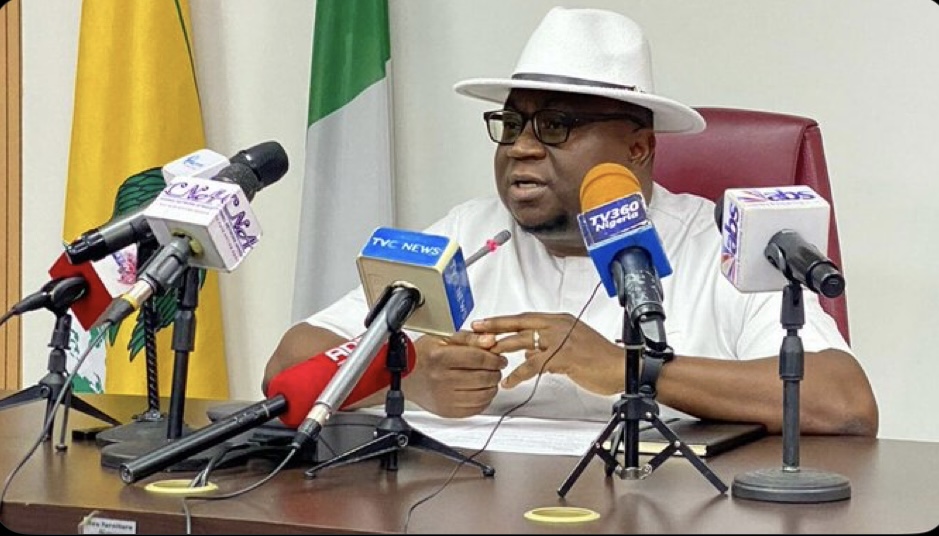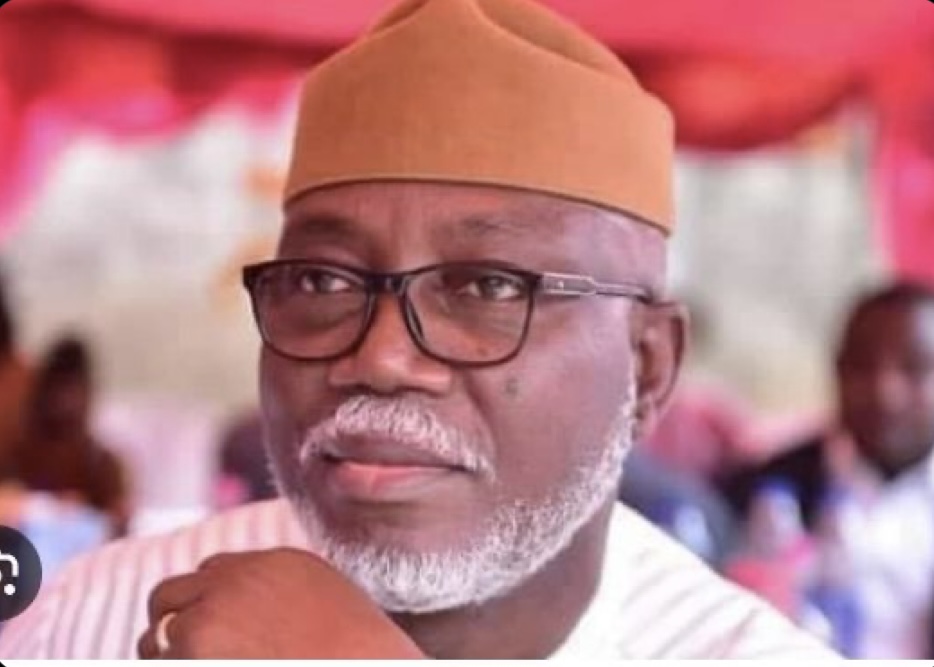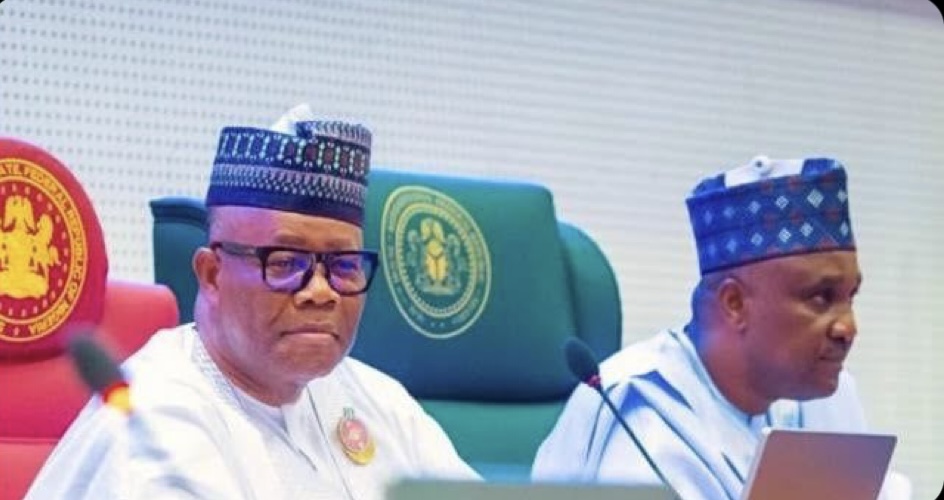Ibrahim Traoré, Digitally Looming Large in Solidarity Without the Burkinabe Voice

When it comes to Africa’s new crop of revolutionary leaders, few names spark as much online frenzy as Captain Ibrahim Traoré of Burkina Faso.
Young, charismatic, and unflinchingly anti-imperialist, Traoré has become something of a digital icon across African social media. But a recent observation by Nigerian journalist Wale Adedayo raises a provocative and necessary question: where are the Burkinabes in all of this?
A chart shared by Adedayo on X (formerly Twitter) shows the top ten countries posting about Traoré, led by Nigeria (316,540 posts), followed by Kenya, South Africa, and even the United States. Burkina Faso the country Traoré leads is nowhere to be found. This isn’t just a statistical anomaly; it’s a digital red flag.
We must ask ourselves: who is driving the narrative about Traoré, and for what purpose? Is this genuine pan-African solidarity, or a wave of romanticized projection driven by algorithm-fed rage against Western hegemony?
While Africans have every reason to celebrate resistance to neocolonialism, there is a danger when the people most affected by such leadership are digitally silent or drowned out.
The glorification of Traoré in Nigeria, Kenya, and beyond may reflect widespread disillusionment with democratic institutions, or perhaps envy of Burkina Faso’s revolutionary stance.
But what do Burkinabes think of their president? Are they thriving under his leadership? Do they feel empowered, safer, more sovereign? We don’t know and that is precisely the problem.
In the age of viral activism, narratives often gain traction independent of ground realities.
Social media creates echo chambers where perception replaces fact, and validation comes not from truth, but from volume. If people from Ouagadougou to Bobo-Dioulasso are not participating in the conversation, then the conversation may not be about them it may simply be about us, and our fantasies.
This is not an argument against transnational political engagement. It is, however, a call for integrity in how we engage. If we’re going to lift African voices, we must first listen to them. Digital pan-Africanism must not become a theatre where one nation’s trauma is another’s performative spectacle.
To truly honor the spirit of African unity, we must center the voices that matter most those of the people living the reality we claim to support.
Until then, we’re not standing with them. We’re standing over them.







